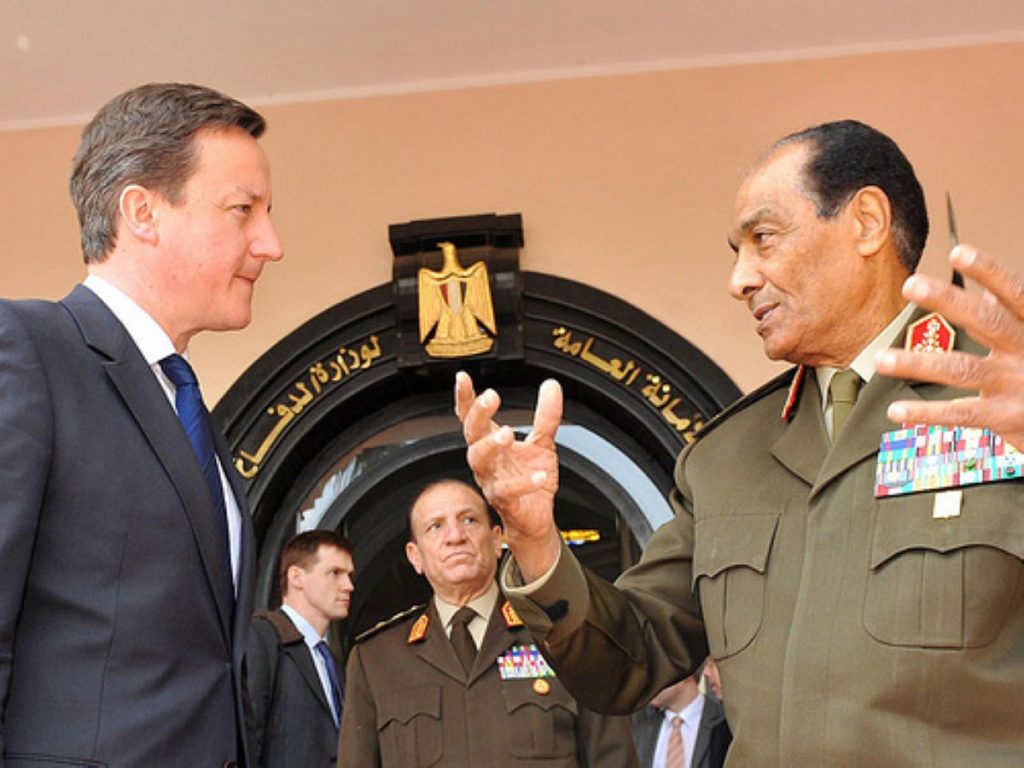Cameron opens ‘new chapter’ in Middle East
David Cameron has used a speech to the Kuwaiti national assembly to urge “essential” political and economic reform in the Arab world.
The prime minister, speaking on the 20th anniversary of the small state’s liberation from Iraq’s Saddam Hussein, told Kuwaitis that history was once again “sweeping through your region”.
Libya’s Muammar Gaddafi has defiantly denied reports he has fled the country, as he continued to use what Mr Cameron called “appalling violence” to repress mass protests against his rule.


In Bahrain the military has been withdrawn from the streets, leading to approval from Britain. Mr Cameron said there were “some grounds for cautious optimism”.
“There is more to politics in this region than the false choice sometimes represented between repression and extremism… this is a precious moment of opportunity for this region,” the prime minister added.
“There is no single formula for success and there are many ways to ensure greater popular participation in government. We respect your right to make your own decisions… but we cannot remain silent in our belief that freedom and the rule of law are what best guarantee progress and human success.”
Former prime minister Sir John Major is in Kuwait alongside Mr Cameron to mark Kuwait’s liberation from Iraqi forces.
Mr Cameron acknowledged that Britain’s approach to the Middle East had been one based just on “our shared interests in prosperity and security”.
Now, he argued, the focus had to turn to political and economic reform.
“In the end, 21st century economies require open societies. I am convinced that the best guarantor of prosperity and stability is for economic and political progress to go in step together.
“I know that for many these are days of anxiety as well as days of hope. Anxieties about the risks that come with change… for sure, the path will be an uneven one. But a sober assessment of the risks need not mean succumbing to pessimism. There is a more hopeful way.”
Mr Cameron’s wide-ranging speech compared the situation in the Middle East to the United States’ civil rights movement and the Czech Republic’s Velvet Revolution.
In one positive step, the improving situation in Egypt prompted the Foreign Office to change its travel advice to the country.
British nationals are now safe to travel to Cairo, Alexandria and Suez. The Foreign Office said the situation was “increasingly calm” in these cities, after Mr Cameron visited Tahrir Square yesterday.

